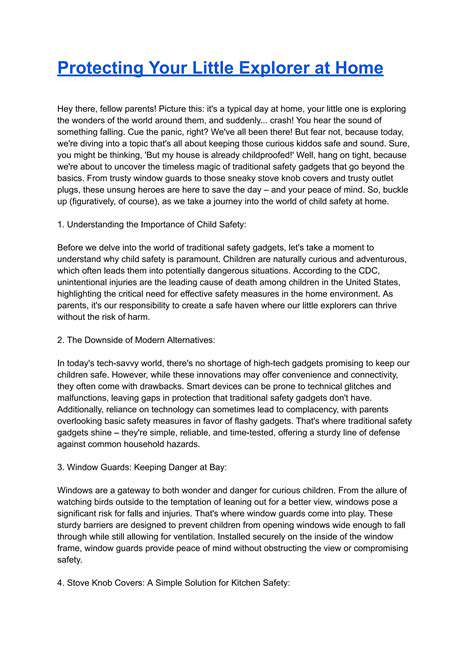How to Build a Routine for Better Time Management
Identifying Your Peak Productivity Times
Understanding Your Circadian Rhythm
Your circadian rhythm, the natural internal clock that regulates your sleep-wake cycle, significantly impacts your productivity. Understanding your body's natural energy fluctuations is crucial for optimizing your routine. Different people experience peaks and dips in energy throughout the day. Some are morning larks, energized early, while others are night owls, finding their focus later in the evening. Recognizing when your body feels most alert and focused allows you to schedule demanding tasks during those peak times, maximizing efficiency and minimizing wasted effort.
Keeping a simple log of your activities and energy levels throughout the day can provide valuable insights. Notice when you feel most alert, when you experience mental fatigue, and when your physical energy is highest. Over time, this self-assessment can help you identify patterns and tailor your schedule to align with your natural rhythms. This proactive approach to understanding your body's internal clock will pave the way for a more effective and satisfying work routine.
Identifying Your Peak Cognitive Function
Beyond just feeling energized, understanding when your brain functions at its optimal level is equally important. Some individuals find that their creative thinking and problem-solving abilities are strongest in the morning, while others experience a surge of inspiration later in the day. This peak cognitive function isn't always tied directly to the feeling of energy; it's about the clarity and focus you experience when tackling specific tasks. Experiment with different times of day to see when you can concentrate most effectively on complex or demanding work.
Consider which tasks require the most mental effort and allocate those tasks to the times when you feel your cognitive abilities are sharpest. For example, if your analytical work thrives in the morning, scheduling complex projects for those hours will likely yield better results. Conversely, if you find your creative juices flowing in the late afternoon, that's when you should focus on tasks that require innovation and brainstorming.
Optimizing Your Environment for Peak Productivity
Your environment plays a significant role in influencing your peak productivity times. Factors like noise levels, lighting, and temperature can all impact your focus and energy levels. Experiment with different environments to find what works best for you. If you're a morning person who thrives on quiet, a dedicated workspace away from distractions might be ideal. Conversely, if you're a night owl who works best in a bustling atmosphere, a coffee shop or a shared workspace could be more conducive to your productivity.
Experimenting with different settings and adapting your environment to match your personal needs can significantly enhance your productivity. Consider the impact of ambient noise, natural light, and temperature on your ability to concentrate. Adjusting these factors to match your peak performance times can significantly improve your overall efficiency.
Prioritizing Tasks and Setting Realistic Goals
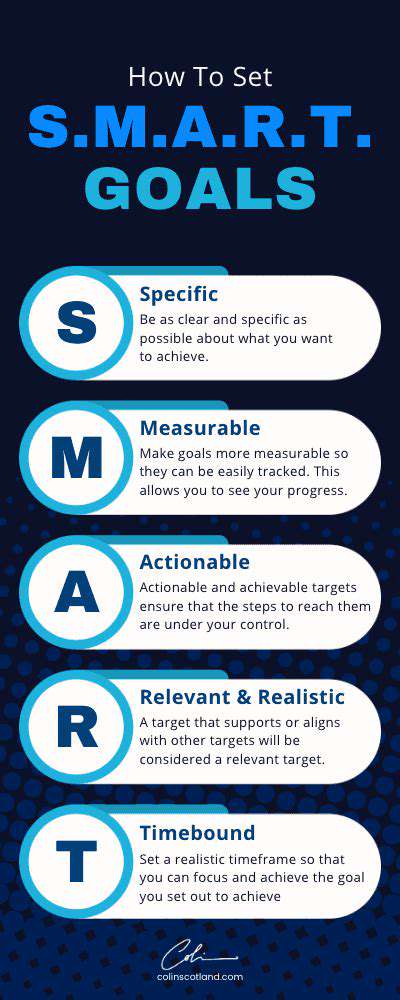
Prioritizing Tasks for Enhanced Productivity
Effective task prioritization is crucial for maximizing productivity and achieving goals. It involves systematically evaluating tasks based on factors like urgency, importance, and deadlines. This process allows you to focus on the most critical tasks first, ensuring that you're allocating your time and energy where they will yield the greatest results. By prioritizing, you avoid getting bogged down in less important tasks and maintain a sense of control over your workload. This strategic approach leads to a more efficient and satisfying work experience.
Prioritization techniques, such as the Eisenhower Matrix (urgent/important), can significantly improve your ability to manage your time effectively. Understanding the difference between urgent and important tasks is key to avoiding distractions and focusing on what truly matters. By categorizing tasks, you can allocate your time and energy to activities that contribute most to your overall objectives, ultimately leading to greater success.
Setting Realistic and Achievable Goals
Setting realistic and achievable goals is a fundamental aspect of personal and professional development. Vague or overly ambitious goals can lead to frustration and demotivation. Clearly defined, measurable goals provide a roadmap for progress and allow you to track your accomplishments. When setting goals, consider factors like your current skills, resources, and available time. This ensures that your goals are attainable and contribute to a sustainable and positive experience.
Breaking down large, complex goals into smaller, more manageable steps is a powerful strategy for success. This approach not only makes the overall goal feel less daunting but also provides opportunities for regular progress checks and reinforcement. Celebrating these smaller victories along the way fosters motivation and reinforces positive habits, leading to greater overall accomplishment.
Defining specific, measurable, achievable, relevant, and time-bound (SMART) goals is essential for achieving tangible results. This framework guarantees that your goals are well-defined and aligned with your overall objectives. SMART goals help you stay focused and motivated, ultimately increasing your chances of success in any endeavor.
Establishing Effective Time Management Techniques
Implementing effective time management techniques is essential for optimizing productivity and minimizing stress. These techniques involve strategies for organizing time, managing interruptions, and maximizing focus. Planning your day and scheduling specific blocks of time for different tasks can greatly enhance your efficiency and allow you to accomplish more in a shorter period.
Prioritizing tasks and scheduling focused work sessions can help you concentrate on individual tasks without distractions. Techniques like the Pomodoro Technique, which involves working in focused bursts with short breaks, can dramatically improve your concentration and overall productivity. Time management strategies are key to maintaining a healthy work-life balance.
Utilizing tools and technologies to manage your time and tasks efficiently is another important aspect of effective time management. Digital calendars, project management software, and to-do list applications can help you stay organized, track progress, and manage deadlines. These tools can also aid in delegation and collaboration, streamlining your workflow and improving overall efficiency.
Reviewing and Refining Your Routine for Optimal Results
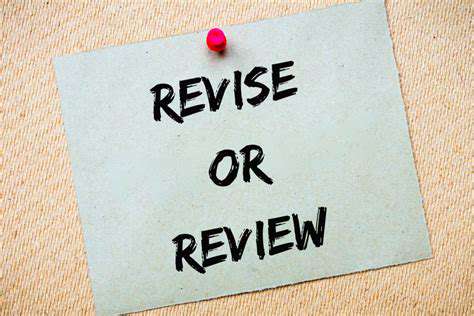
Prioritizing Essential Tasks
Effective routines often begin with a clear understanding of your priorities. Identifying the tasks that directly contribute to your goals and overall well-being is crucial. This involves recognizing which activities are essential and which can be delegated or eliminated. Prioritizing effectively ensures that your time and energy are focused on the actions that yield the most significant results. This initial step sets the tone for a productive and fulfilling routine.
Consider what truly matters to you. Is it career advancement, personal growth, or maintaining healthy relationships? Once you've identified your goals, you can then strategically organize your routine around those priorities. This conscious effort to align your actions with your values will make your routine more meaningful and impactful.
Optimizing Time Management Strategies
Time management is a critical component of any successful routine. Developing effective strategies for allocating your time is essential for achieving your goals and maintaining a healthy work-life balance. This involves recognizing time-wasting activities and proactively scheduling dedicated time for crucial tasks.
Break down large tasks into smaller, manageable steps. This approach not only reduces the feeling of being overwhelmed but also allows for a more focused and efficient workflow. Tracking your time expenditure can provide valuable insights into how you're spending your days and where potential improvements can be made.
Incorporating Flexibility and Adaptability
Routines, while beneficial for structure, should never be rigid. Life inevitably throws curveballs, and a flexible routine allows you to adapt to unexpected situations without derailing your progress. Building in buffer time for unforeseen circumstances is an essential aspect of a well-rounded routine.
Recognizing and accommodating changes in your schedule is key to maintaining a sustainable and fulfilling routine. This may involve adjusting deadlines, rescheduling appointments, or simply allowing for unexpected downtime. This adaptability ensures that your routine remains a tool for progress, not a prison of rigidity.
Being open to adjusting your routine as needed is vital for long-term success. Life is full of changes, and your routine should be able to evolve with you.
Analyzing and Evaluating Your Routine's Effectiveness
Regularly assessing your routine's effectiveness is crucial for long-term success. Track how your routine is impacting your goals and well-being. Are you achieving the desired results, or are there areas that need improvement? This self-evaluation is a continuous process of refinement and optimization.
Consider factors like stress levels, energy levels, and overall satisfaction. If your routine isn't contributing to your well-being, it's time to make changes. By evaluating your progress regularly, you gain valuable insights into what works and what doesn't, allowing you to fine-tune your routine for optimal results. This ongoing evaluation ensures your routine remains a supportive tool rather than a source of frustration.
Integrating Self-Care Practices
Incorporating self-care practices into your routine is essential for maintaining both physical and mental well-being. Ensure you allocate time for activities that promote relaxation, rejuvenation, and a sense of calm.
This could include exercise, meditation, spending time in nature, or pursuing hobbies. Prioritizing self-care demonstrates a commitment to your overall health and well-being. This, in turn, translates to increased productivity and a more positive outlook. Regular self-care practices are vital to preventing burnout and maintaining a healthy balance within your routine.
Self-care is not a luxury, but a necessity for long-term success and well-being. Make time for activities that nourish your mind, body, and soul.
Read more about How to Build a Routine for Better Time Management
Hot Recommendations
-
*Guide to Managing Gout Through Diet
-
*Best Habits for Financial Well being
-
*How to Build a Routine for Better Mental Health
-
*How to Eat Healthy on a Budget [Tips & Meal Ideas]
-
*Guide to Practicing Self Acceptance
-
*How to Incorporate More Movement Into Your Day
-
*Guide to Managing Chronic Pain Naturally
-
*Guide to Building a Reading Habit for Well being
-
*Top 5 Weight Loss Supplements That Actually Work
-
*Best Exercises for Postpartum Recovery [Beyond Abdominal Work]

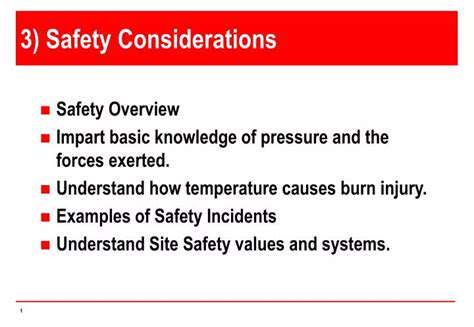
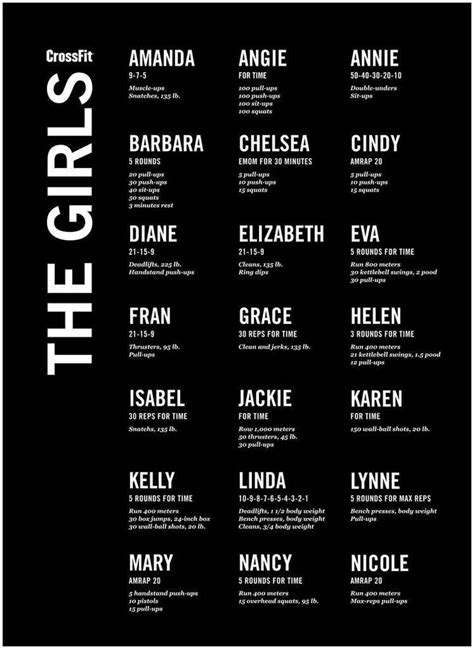
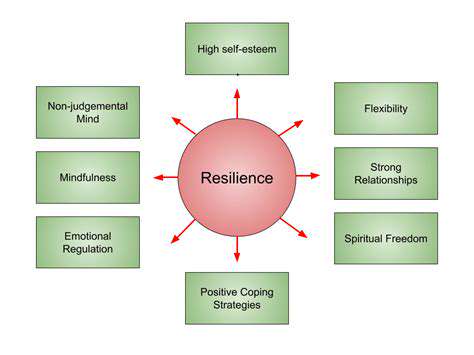



![Best Pre Workout Supplements Reviewed [2025]](/static/images/26/2025-07/KeyIngredients26TheirEffects.jpg)

![Best Tips for Reducing Screen Time [For Better Health]](/static/images/26/2025-07/PrioritizeOfflineActivitiesandHobbies.jpg)
